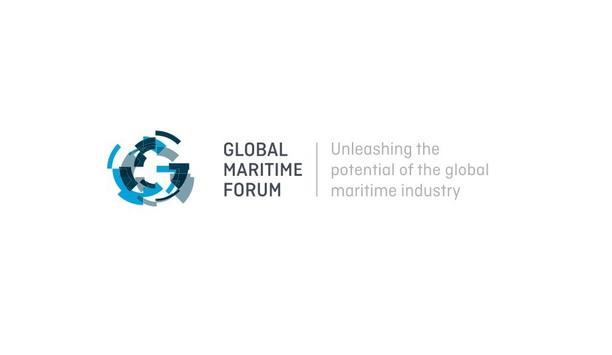Mersey Maritime is set to secure significant Government backing to fund its mission to take its successful ‘cluster’ model to ‘level up’ other coastal regions of the UK. Mersey Maritime has helped transform the Liverpool city region maritime sector into a £5bn powerhouse and is being tasked by Government with doing the same across the UK.
In recent months Chris Shirling-Rooke, Mersey Maritime's chief executive, and its head of partnerships and policy, Simon Eardley, have both given oral and written evidence to the House of Commons Transport Committee on the power of ‘regional clusters’.
Collaboration and innovation
Almost four years ago Mersey Maritime secured £50,000 in funding from the Government to take its cluster model to other coastal regions in the UK. It matched this with £50,000 from its coffers.
In Liverpool city region, the organisation has brought together hundreds of businesses from the maritime’s 33 diverse sub-sectors, from shipping to financial services, and encouraged them to work together more closely. This has led to a period of collaboration, innovation, and the sharing of ideas. More critically it has led to a 20% growth in the sector in Merseyside. The industry is now worth £5bn a year and supports almost 50,000 jobs.
Funding
The Transport Select Committee is recommending further funding for the regional clusters programme
Chris and Simon have taken this cluster model to the Solent region, the South West, the Humber, Scotland, and Northern Ireland. In the second phase of their project, they secured a further £300,000 from Government.
Active work is underway in the South East, the North East and even the West Midlands to make an impact with this work, with plans for ‘gaps’ to be filled such as in Wales emerging. The Transport Select Committee is recommending further funding for the regional clusters programme and Chris believes this will lead to a significant change of pace for the project.
Creating jobs and opportunities
He told LBN, “The findings are that the Government needs to increase funding for cluster organisations. And we believe that backing will be significant and will see real investment going into these regions to pump-prime the local economies."
“This money will be to create organisations that can drive innovation, jobs, and growth in our coastal communities across the UK, as we have done in the city region and the wider North West. None of the clusters around the country existed until we started doing this. We are now about to enter the next phase."
Skills development
“This process is critical because it will ultimately create jobs and growth in coastal communities which, in the last few years, have been identified as the most economically deprived areas of the UK."
“If communities are not glued together then there is a risk you lose out on economic growth. When people and companies collaborate they can focus on skills development, make joint bids for funding and you can champion your region internationally. It becomes a vital conduit of communication between a specific region and central Government.”
Zero-carbon offshore support
Government’s Maritime 2050 plan covers jobs, inward investment, exports, digital innovation, and decarbonisation
The role of the select committee in this instance was to speak to the sector and formulate an action plan to accelerate the Government’s Maritime 2050 plan, a blueprint for the growth of the £116bn maritime sector over the next 30 years. It covers areas such as jobs, training, diversity, inward investment, exports, digital innovation, and decarbonisation.
In his written submission to the committee, Simon talked about Bibby Marine, a division of one of Liverpool’s oldest businesses, Bibby Line Group. With the support of the Mersey Maritime cluster, it was pushing forward with plans to develop a zero-carbon offshore support vessel.
Recommendations
Bibby has secured funding from Government’s Clean Maritime Demonstration Competition 2 to push in with the project and is collaborating with several other industry partners.
In its list of recommendations the committee said, “The Department for Transport should continue to fund the Regional Council and assist in the development of potential new regional maritime clusters while assessing the benefits of existing clusters for Levelling Up.”
Supporting coastal communities
Chris added, “We have to keep supporting our coastal communities and it is fantastic the committee is recognising the work we have been doing on this. Mersey Maritime is now seen as an exemplar and an example of what can be achieved when a sector works together in a specific locality."
“We are determined to help members of our maritime family elsewhere share and replicate that success story. At Mersey maritime, we have demonstrably shown clusters work. It is an effective way Government can deliver Levelling Up.”














